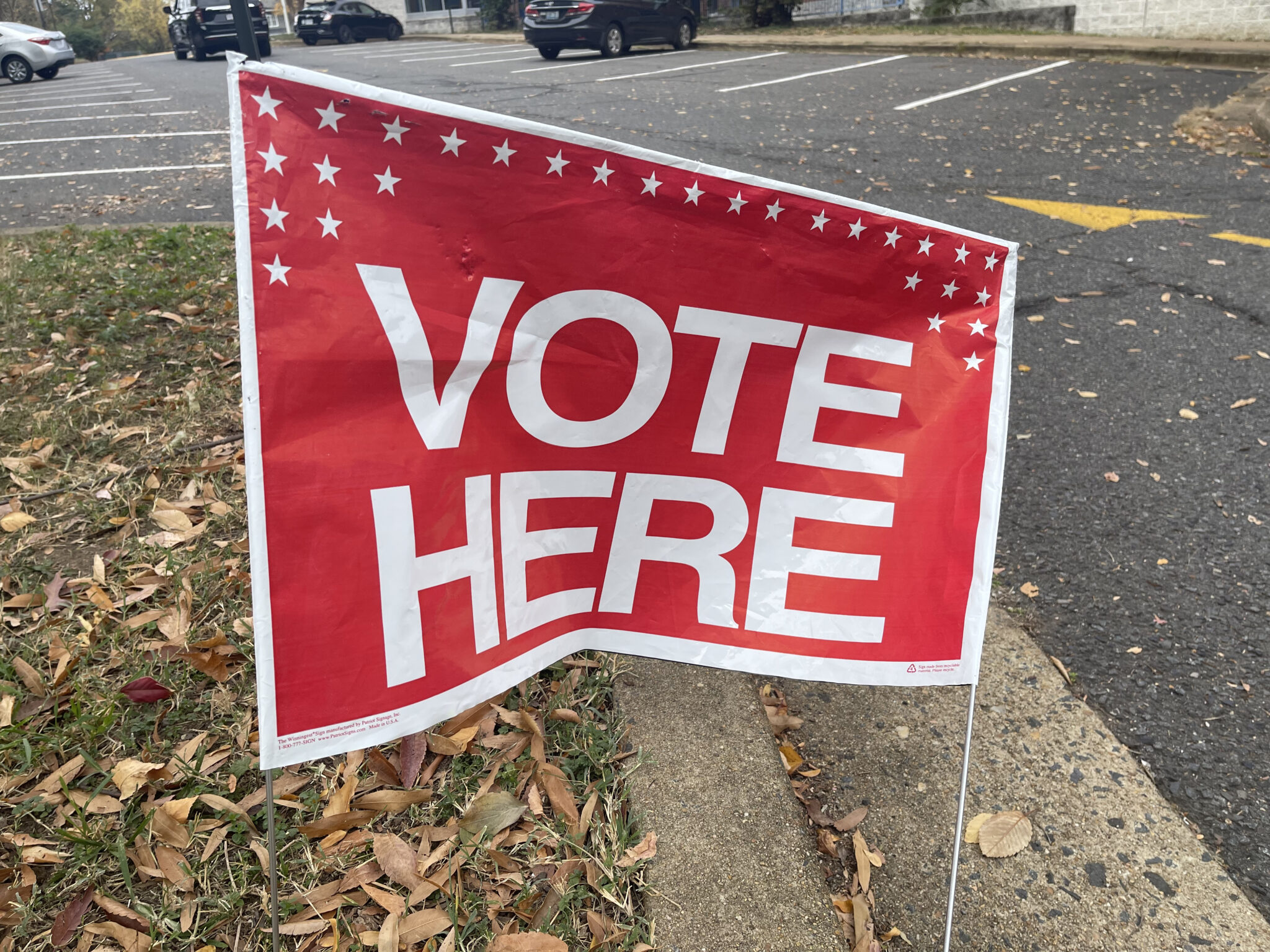
We’ve been here before.
Frequently over the past few decades, Democrats in the General Assembly have sought to amend the Virginia Constitution to allow released felons to automatically regain voting and other civil rights. Changing the process could finally excise a racist clause that’s been around more than a century and hearkens to the days of Jim Crow.
The state Constitution disenfranchises people with felony convictions, unless the governor chooses to restore their rights or grant a pardon. It’s a political process subject to the whims and grandstanding of whoever is the current chief executive.
The commonwealth is one of just three states whose constitution permanently disenfranchises all citizens with past felony convictions unless the governor restores it. That’s a damning distinction.
It’s now déjà vu all over again: Democrats narrowly control both chambers in the Virginia General Assembly, and a bid to amend the constitution has already passed both the House of Delegates and Senate this session. When Republicans control either chamber, they usually reject the proposal.
An amendment must pass the General Assembly in two consecutive years, separated by legislative elections. It then would go to state voters. Governors cannot veto proposed amendments.
“We’re continuing to gain support … to create a more just and fair society for all,” Del. Elizabeth Bennett-Parker, D-Alexandria and the bill’s chief sponsor in the House, told me Thursday. She was a co-director of an Alexandria nonprofit that worked with formerly incarcerated women and survivors of domestic abuse.
State GOP legislators no doubt fear that more African-Americans voting would catapult more Democrats into elective office, since Black voters overwhelmingly support Democratic candidates. That’s a cynical political calculation, though, by Republican officeholders. Nor is it equitable.
“Over 12% of Black Virginians are disenfranchised, one of the highest rates in the nation,” according to a comprehensive primer the William and Mary Law School compiled last year on the issue. The historical paper on rights restoration should be mandatory reading for all 140 state legislators and Gov. Glenn Youngkin.
Black Americans are treated more harshly at various stages in the criminal justice system than white Americans who commit the same crimes. That means Black people are more likely to run afoul of the felon provision in Virginia.
Which was exactly the point.
A clause dating to the 1901-02 state constitutional convention, designed to keep Black people from the polls, has only slightly evolved over the years. It’s also had the same effect. Because African-Americans still bear the brunt of penalties from police, prosecutors and the courts, they are disproportionately affected by Virginia’s biased, felon disenfranchisement policy.
Previous chief executives have ramped up the process of reinstating voting rights to released felons in Virginia. Not so Youngkin.
The Republican has even been opaque in explaining his reasoning or the process to winning reinstatement. Civil rights groups and individuals have filed lawsuits over this gubernatorial prerogative.
I reached out to a Youngkin spokesman to see if he’d urge fellow Republicans to get on board with the amendment. The spokesman didn’t return my messages.
In my questions, I also noted that Youngkin supports a legislative proposal to provide state-financed scholarships for students to attend private schools, and that Youngkin said nearby states have similar policies. Shouldn’t the governor follow that same reasoning on felon reinstatement of rights, since most surrounding states aren’t nearly so vengeful toward people who have done their time in prison and want to become full citizens again?
It’s clear that if the amendment ever gets to Virginians, they’d probably approve it. Some 63% of registered voters either support or strongly support an amendment allowing automatic restoration of voting rights for felons who have finished their prison sentences, according to a poll released this month by the Wason Center at Christopher Newport University. The center surveyed more than 800 registered voters in Virginia.
A CNU poll in January 2024 found similar results on the same question, Rebecca Bromley-Trujillo, the center’s research director, told me by email. That’s almost an exact turnaround from 1982, when Virginia voters rejected a comparable referendum question 63% to 37%.
Are Virginians more progressive now? Could we simply be more empathetic, and understand that returning certain rights to onetime felons is equitable and can help reduce recidivism and improve communities?
Maybe the governor wants to keep a perk of the office that gives him immense control over the future of many people’s lives. If true, he should re-evaluate that power, given its discriminatory origins.



